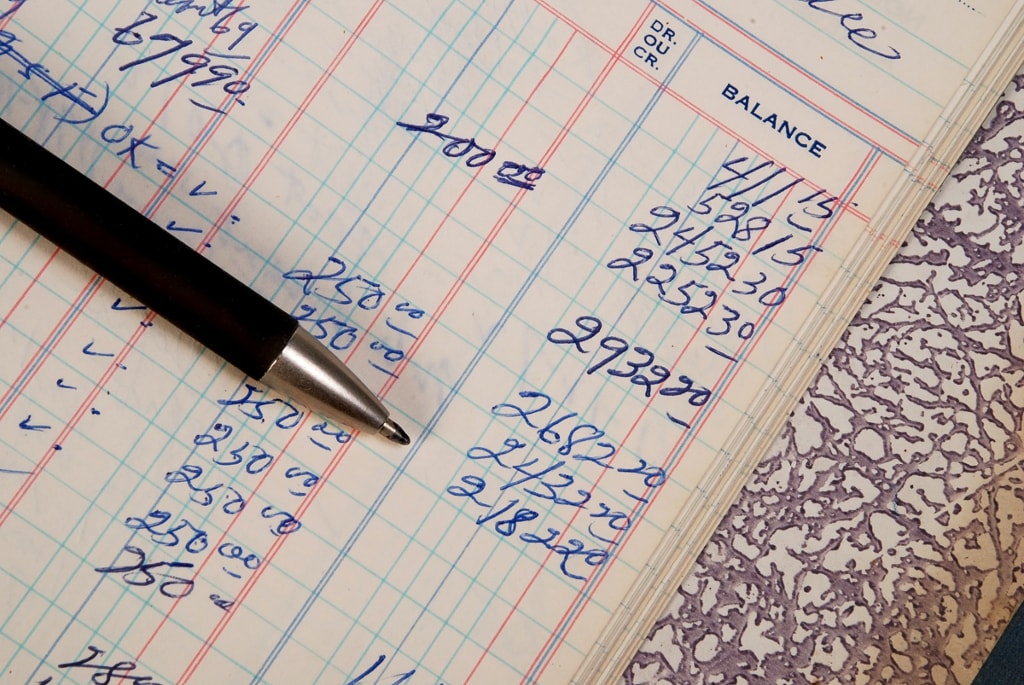Principles of Accounting: Discount Received
ZIMSEC O Level Principles of Accounts Notes: Source Documents: Three Column Cash Book: Discount Received
- It is customary for businesses to sell goods on credit
- In order to encourage prompt payment a business might offer a cash discount
- In such instances the business will accept a lesser amount in settlement of a debt in exchange for early payment
- On […]












